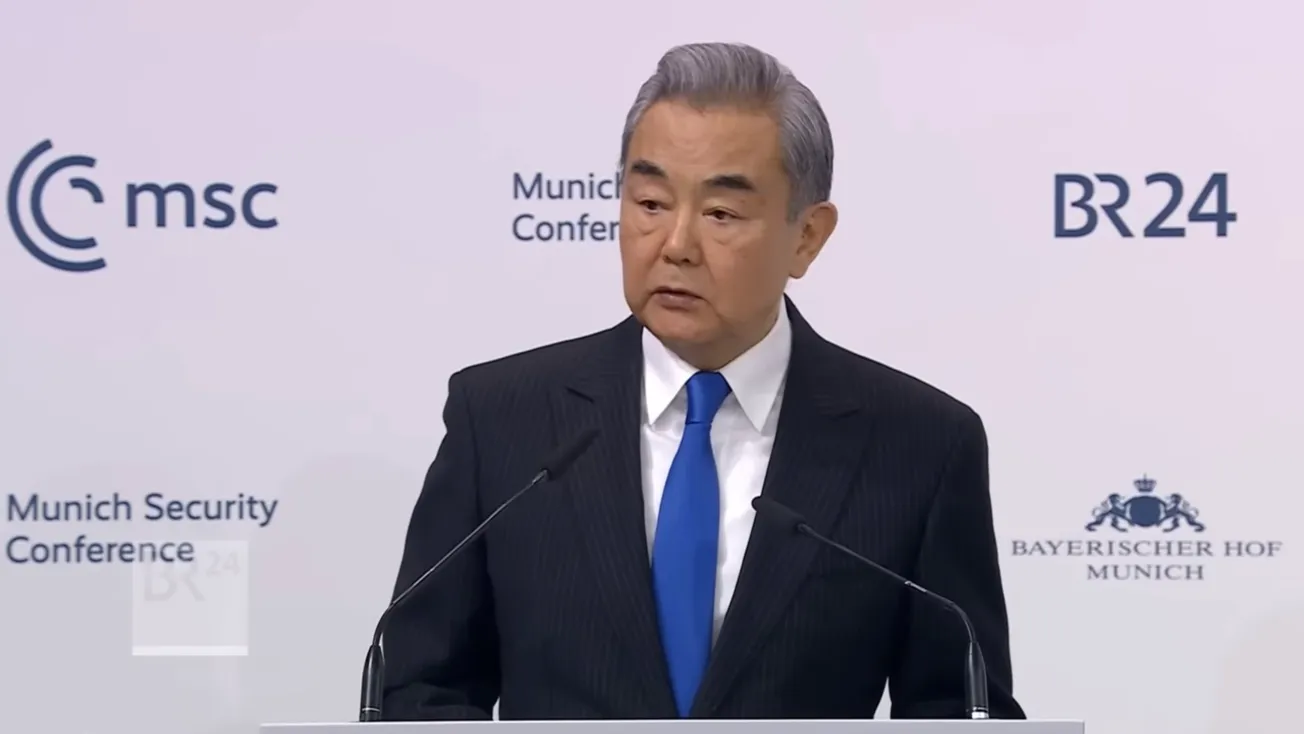Desperate election engineers of the established parties tried to tell voters in the two eastern German states of Saxony and Thuringia ahead of the Sunday, Sept.1, state parliament elections that these were not elections on the issue of war or peace, but on state issues, and nobody should vote for the parties Alternative for Germany (AfD) and Sahra Wagenknecht Alliance (BSW). But these were the two parties with the highest vote gains, particularly the BSW which was only established as a party in February. The BSW, unlike the AfD, which still endorses NATO, is not doing so, nor does the BSW support stationing new U.S. long-range missiles in Germany. These elections were a vote against war and for diplomacy.
The BSW has filed a motion for debate in the national government on the missile-stationing, to take place after the summer recess. The other parties had better not vote it down, because Sunday’s state votes were clearly aimed against the three parties forming the national government. In Thuringia, the Greens and Free Democrats were even voted out of the state parliament. In Saxony, the Free Democrats were also voted out, with the Greens barely making it back into state parliament. In both Thuringia and Saxony, the Free Democrats, which have tried to outdo the Greens in their war drive, ended up as a minuscule party with only 1% each.
Whether the national German government is able or willing to draw conclusions is unlikely. Internationally however, the term “ungovernability” is certain to become a synonym for “Germany.” None of the three government parties may survive the next national election which is scheduled for September 2025, and in which the issue of war or peace will be central. In fact, what will characterize the next 12 months in Germany is the call to replace this government before the end of its term.
Ungovernability is, unfortunately, also threatened for Thuringia and Saxony, because none of the parties wants to make a coalition with the AfD. Unless the BSW is invited to enter a new state government, both states face erecting a minority government; or, if that fails, continue being run by the old government, as a caretaker government. As a matter of fact, the three-party coalition in Berlin already is a kind of caretaker government, with its 2021 election majority now only on paper: In reality it is hovering around the combined 30% level.
The election figures for Saxony: CDU, 31.9%; AfD, 30.6%; BSW, 11.8%; SPD, 7.3%; Greens, 5.1%; Linke, 4.5%; FDP, 0.9.
And Thuringia: AfD 32.8%; CDU, 23.6%; BSW, 15.8%; Linke 13.1%; SPD, 6.1%; Greens 3.2%; FDP 1.1.



